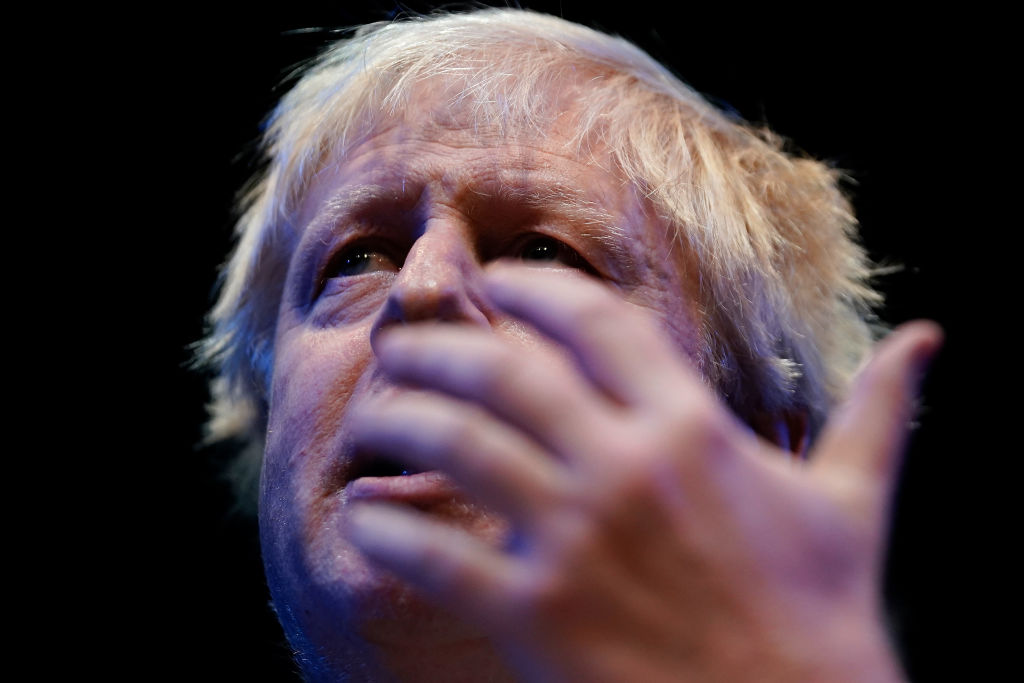The source of government revenue is a mystery for many people, but one thing voters do remember is that they are taxed. When people open up their pay slips, the income tax deduction stares them in the face. The sight of it is galling, and the higher the percentage taken, the worse it is.
This is true even if there is a sense that, like a foul-tasting medicine, it is a necessity. So this aversion to tax explains why Boris Johnson’s pledge to raise the level at which the higher rate tax band of 40 per cent kicks in – from £50,000 to £80,000 of earnings – is electorally attractive. This remains the case even though this tax cut will only directly benefit a minority of people; for the tax year ending in 2017, only twelve per cent of taxpayers earned more than £50,000. If you count non-taxpayers, the income tax cut directly benefits an even smaller percentage of the population. So why is Boris’s tax promise likely to be popular?
It’s simple: politicians know that raising the threshold for higher rate tax is attractive to a much larger section of the population than those it directly benefits. Such people make up the aspirational class. It includes those who are not earning enough to pay higher rate tax but aspire to earn enough. This could be via a hoped-for pay rise following a promotion or other means. To be a higher rate tax payer is a matter of self-pride: you’ve made it to the top.
In a sense then, this is an appeal by Boris to his own electoral base: the members of the Conservative party. If – as pundits are predicting – he makes it to the top two candidates put to the membership of the Conservative party by Tory MPs, I suspect it is the higher-rate taxpayers and the aspirational class who make up the membership who will determine whether or not he becomes the next Conservative party leader and prime minister.
None of this, of course, means that raising the band where the higher rate kicks in is the best thing for the economy. It isn’t and it would be far better to reward businesses which actually provide jobs in the first place.
In post-Brexit Britain it is vital to send a strong message to businesses that not only is Britain an attractive place to locate, but that it is an attractive place to hire people. A good way of doing this is by raising the threshold for employers’ national insurance contributions. The current level paid by employers for the vast majority of employees is 13.8 per cent of annual pay. This is in excess of an annual equivalent pay level of £8,632 – a big tax burden for firms.
So if the national interest is the priority for Boris, raising the threshold for employers’ national insurance is a far better policy decision than raising the threshold for the higher rate of income tax. Unfortunately for Britain, it is what is electorally attractive that often becomes policy. But while Boris’s pledge might not be the best thing for the country, it at least makes sense.






Comments